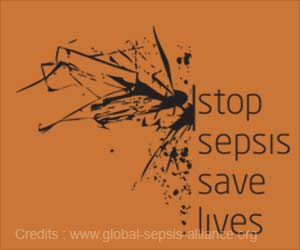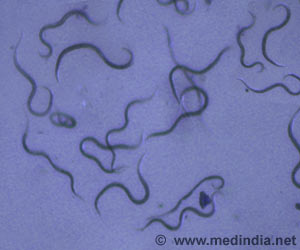Although no specific cure for the condition exists, Spesis can often be treated effectively with intensive medical care, if identified early.

Professor Jonathan Cohen and colleagues outlined the current state of research into this little-understood condition, and highlight priority areas for future investigation.
Sepsis, sometimes misleadingly called "blood poisoning," is a common condition whereby an infection triggers an extreme immune response, resulting in widespread inflammation, blood clotting, and swelling. Among the early (but not universal) symptoms of sepsis are high temperature and fast breathing; if left untreated, it frequently leads to organ failure and death.
Although no specific cure for the condition exists, it can often be treated effectively with intensive medical care including antibiotics and intravenous fluid, if identified early enough.
In low-income and middle-income countries, where most sepsis cases occur outside hospital, there are virtually no data on the condition’s incidence, and the number of people killed by sepsis was likely to far exceed the already high rates in more wealthy countries.
Moreover, rising rates of antibiotic resistance globally mean that even if mortality rates from sepsis are improving in some high-income countries, there was no room for complacency.
Advertisement
The Commission outlines a roadmap for future research into sepsis, highlighting a number of critical factors that need to change in the field if treatment and diagnosis of sepsis was to improve.
Advertisement
The study is published in The Lancet Infectious Diseases.
Source-Medindia










